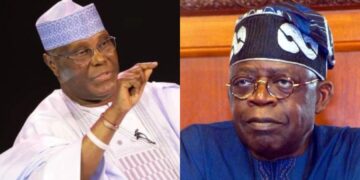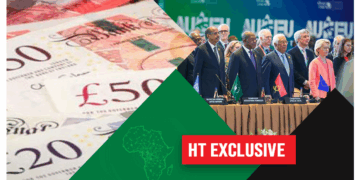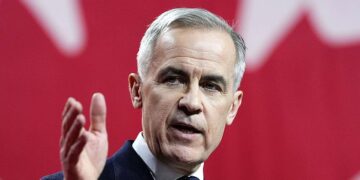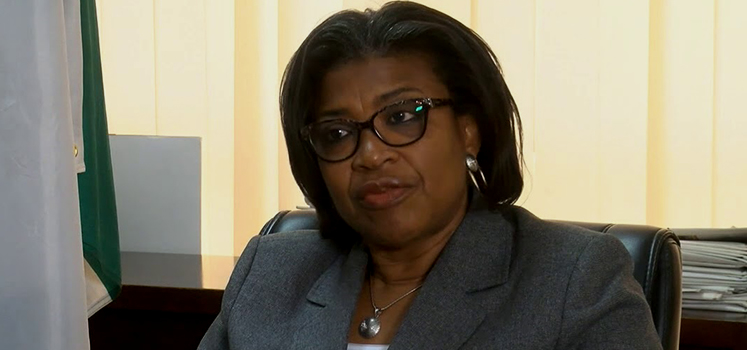By John Ikani
Director-General of the Debt Management Office (DMO) Ms. Patience Oniha on Wednessday disclosed that Nigeria’s public debt stock stood at N35.465 trillion as at June 30.
Total Public Debt is composed of the domestic and external debt of the Federal Government, the 36 state governments and the Federal Capital Territory, FCT.
Making the disclosure during a virtual presentation of the latest public debt figures, Oniha said Nigeria’s total public debt stock was N33.107 trillion or USD87.239 billion, as at March 31, 2021.
This indicated a N2.358 trillion rise in the debt stock from the end of the first quarter of the year to the end of the second quarter.
A breakdown of the public debt figure under review indicated that that external debt was N13.711 trillion, representing 38.66 per cent.
On the other hand, domestic debt was N21.754 trillion, representing 61.34 per cent of the total stock.
The Federal Government accounted for N11. 828 trillion of the external debt and N17. 632 trillion of the domestic debt.
States and the FCT’s external debt stood at N1.883 trillion, with a domestic debt stock of N4.122 trillion.
The breakdown of the external debt showed that the bulk of the debt is owed to multilaterals (World Bank Group and the African Development Bank Group), which accounted for 54.88 per cent.
The next highest category is the commercial debt (Eurobonds and Diaspora bonds) which accounted for 31.88 per cent; while bilateral (China, France, Japan, India and Germany) stood at 12. 70 per cent. Promissory Notes represent 0.54 per cent.
On the foreign exchange implications for debt service, especially with the naira depreciation in recent times, the DMO boss said “we have initiated actions towards managing that risk.”
Oniha explained that the nation had several benefits from going to source funds which included showcasing Nigeria in a positive light in the international financial markets where large pools of capital are available.
In addition, she said “the sovereign Eurobonds serve as a benchmark against which several local banks have issued Eurobonds. So far, Zenith Bank, Access Bank, UBA, FBN, Ecobank Nigeria and Fidelity Bank have issued Eurobond. This window opened by the sovereign bond enabled Nigerian banks to raise Tier 2 Capital to meet regulatory requirements and enhanced their capacity to lend to, and, support local borrowers.”
She said that members of the public should not lose sight of the facts which necessitated borrowing which included: “Huge Infrastructure Deficit , Recession (twice in the last six years), Consecutive Budget Deficits , Low Revenue Base, compounded by dependence on one source – crude oil which prices crashed and at a point, at the peak of the COVID-19 pandemic had no buyers.”



































